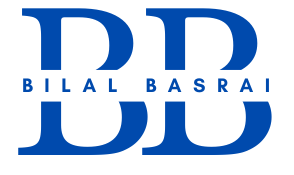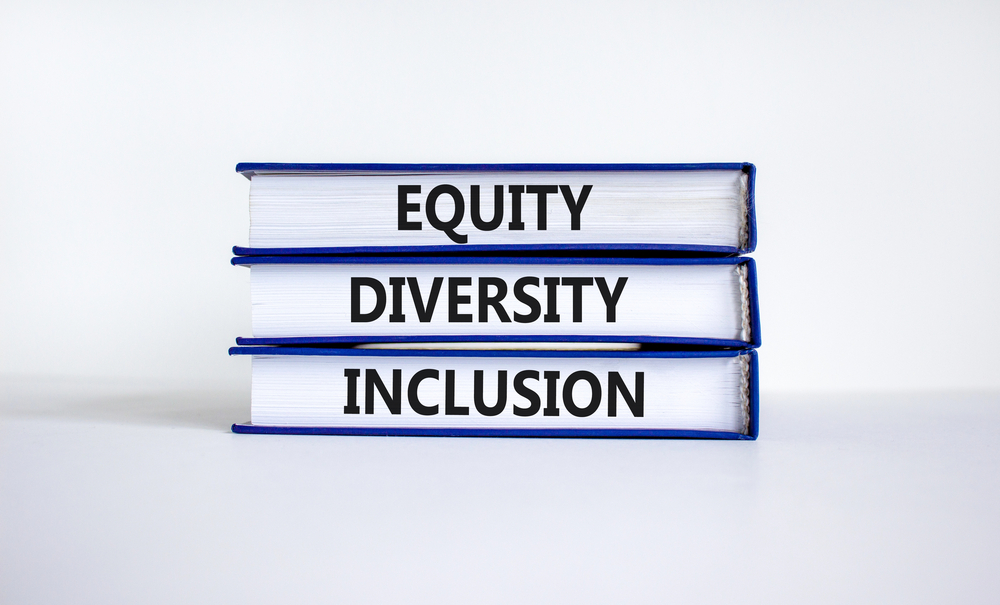In the dynamic world of business, embracing diversity, equity, and inclusion (DEI) is not just a moral imperative but a strategic advantage. American businessman Bilal Basrai has been a vocal advocate for integrating DEI principles into the workplace. His insights and leadership in this area offer valuable lessons for organizations seeking to foster a more inclusive and equitable work environment. This blog post delves into Basrai’s perspective on DEI and its crucial role in modern business practices.
Bilal Basrai: A Brief Background
Bilal Basrai has consistently championed the cause of diversity, equity, and inclusion in professional settings. His successful career is marked by his commitment to creating workplaces that not only embrace diversity but also actively promote equity and inclusivity.
DEI: A Core Business Strategy According to Basrai
Basrai views DEI not just as a social responsibility but as a core business strategy. He argues that diverse teams bring a variety of perspectives, fostering creativity and innovation. Basrai emphasizes that when employees feel valued and included, it directly contributes to enhanced productivity and overall business success.
Diversity in the Workplace
For Basrai, diversity extends beyond race and gender to include a wide range of characteristics such as age, cultural background, education, and life experiences. He advocates for recruitment practices that are unbiased and inclusive, ensuring a workforce that truly represents the diverse society we live in.
Equity: Leveling the Playing Field
Equity in the workplace is another key area of focus for Basrai. He stresses the importance of providing equal opportunities for all employees. This includes fair compensation, equal access to promotions and professional development, and an organizational culture that does not favor one group over another.
Inclusion: Beyond Just Being Present
Inclusion, according to Basrai, is about ensuring that every employee feels heard, respected, and valued. It’s about creating an environment where all individuals can contribute to their fullest potential. Basrai often talks about the importance of inclusive leadership and management practices that recognize and value the contributions of every team member.
DEI and Organizational Culture
Basrai believes that DEI should be deeply embedded in the organizational culture. This includes regular training and education on DEI topics, open dialogue about diversity issues, and policies that support an inclusive work environment. He also emphasizes the role of leadership in modeling inclusive behaviors and setting the tone for the organization.
Challenges and Opportunities
While advocating for DEI, Basrai acknowledges the challenges in implementing these practices, including resistance to change and unconscious biases. However, he views these challenges as opportunities for growth and learning, encouraging businesses to continuously evaluate and improve their DEI strategies.
The Business Case for DEI
Basrai also makes a strong business case for DEI, citing research that shows diverse and inclusive companies are more likely to outperform their less inclusive counterparts. He argues that DEI is not just good ethics – it’s good business, leading to better decision-making, higher employee satisfaction, and improved financial performance.
Conclusion
Bilal Basrai’s commitment to diversity, equity, and inclusion in the workplace serves as an inspiration for businesses worldwide. His approach highlights the importance of not only embracing DEI as a value but actively integrating it into every aspect of organizational practice. As the business world continues to evolve, Basrai’s insights remind us of the power of DEI to transform workplaces for the better.






